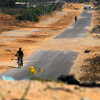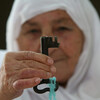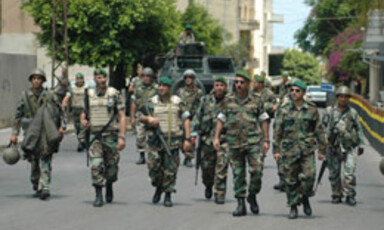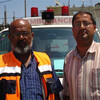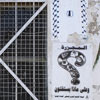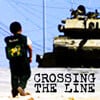
Crossing the Line interviews author Phyllis Bennis
15 May 2008
This week on Crossing The Line: Former US President Jimmy Carter met with the political head of Hamas in Syria while insisting that Hamas must be included in any future Israeli-Palestinian peace negotiations. The visit has drawn criticism from both the US and Israel which until now have refused to take part in any official negotiations with the Hamas government. What does Carter’s meeting with Hamas mean? Is it as “historic” as some are calling it? Host Naji Ali speaks with author on Middle East issues, Phyllis Bennis about Carter’s controversial visit to the Middle East. Read more about Crossing the Line interviews author Phyllis Bennis

